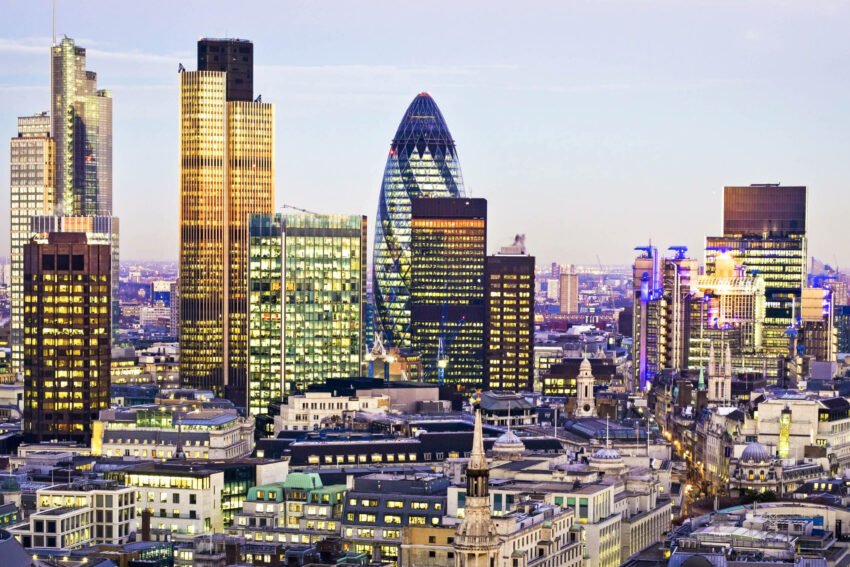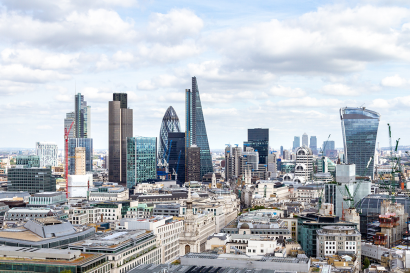AG INSIGHT | 07/03/2018
The industrial transition to a low carbon economy: implications for issuers & investors

David Harris, Group Head of Sustainable Business at London Stock Exchange Group & Head of Sustainable Investment at FTSE Russell, reviews the implications for issuers and investors of the transition to a low carbon economy.
For 300 years the City of London has run the most global market place, supporting efficient access to growth capital for institutions and companies around the world. Natural strengths like deep, liquid and multi-currency capital markets combined with robust legal frameworks and an innovative financial ecosystem are all crucial. It is why, for example, London helped to finance the great American railways in the 19th century and global oil, gas and mineral exploration in the 20th. Now London is proving central to the next great global shift.
We are in a new period of rapid industrial change as the transition to a sustainable and low-carbon economy gathers pace. Old industries will change shape, and new ones will emerge, and this change is evident across industries; from the growth of electric vehicles and energy efficient lighting to the decline of coal. Many pension funds around the world are directing growing volumes of capital to this transition and need effective, credible and consistent information to do so.
London Stock Exchange Group has a unique role and position within this. The 13 renewable infrastructure funds listed on London Stock Exchange, worth $7bn, are a success story in enabling institutional investors to get access to infrastructure income and an important complement to the infrastructure funding ladder. Further, through our global index business FTSE Russell, we are designing indexes for investors globally who wish to mitigate and manage their exposure to climate risks and opportunities. For example, using FTSE Russell’s Green Revenues data model that captures the exposure to the green economy of over 13,000 listed companies, investors can measure and dial up or down their exposure to the green economy. Green industries have also out-performed the wider equity market over the last five years as is evidenced by the FTSE Environmental Opportunities series.
An example of a pension fund taking a leadership role is HSBC UK Pension who just over a year ago decided to allocate 100% of their defined contribution equity default fund to the FTSE Climate Balanced Factor index that incorporates climate risks within its design. This was through Legal and General Investment Management’s ‘Future World Fund’ which now has £4.6bn AUM. Many other funds globally are also adopting climate and sustainable index designs. For example, the Government Pension Investment Fund (GPIF) of Japan – the largest pension fund in the world with over $1.3 trillion in assets –selected FTSE Blossom, a new ESG index, for a major new fund allocation last year, and just this month the government pension fund of Taiwan announced an allocation of over a billion dollars to a FTSE4Good index.
At the same time we are working with issuers listed on our markets who can be confused by the myriad of reporting requirements and requests coming from regulators, investors, clients, NGOs and others. Last year we produced a comprehensive guide for issuer ESG reporting to help companies navigate this important area, and to ensure that what gets reported meets investor needs. We have also been engaging in policy work to encourage supportive regulatory and policy frameworks. As a global financial markets infrastructure company we have also been contributing to the wider debate as a member of the European commissions High Level Expert Group on Sustainable Finance and the UK government’s Green Finance Taskforce.
We look forward to collaborating with issuers, investors and policy makers to support an effective and informed transition to a sustainable and low carbon economy.
David Harris is Group Head of Sustainable Business at London Stock Exchange Group & Head of Sustainable Investment at FTSE Russell



